May 11, 2020
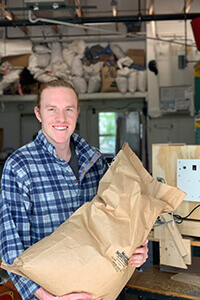 Nick Gardner ’15 is one of just three employees at Perennial Pantry, a small startup, but he is helping to bring about big changes to the world of sustainable agriculture.
Nick Gardner ’15 is one of just three employees at Perennial Pantry, a small startup, but he is helping to bring about big changes to the world of sustainable agriculture.
On May 4, Perennial Pantry debuted Kernza® Perennial Grain, a grain in the wheat family. Kernza is a perennial, which means it can be left in the field for several years without needing the annual tilling that damages topsoil and leads to erosion and nutrient losses. Kernza develops deep root systems that help sequester carbon, filter water, and keep continuous living cover on the land, creating a habitat for pollinators, song-birds, and wildlife. Kernza is designed to be climate positive, meaning that growing it doesn’t just have a net zero carbon footprint, but actually fights climate change by removing additional carbon dioxide from the atmosphere.
Nick has been heavily involved in the Kernza project. He has conducted product research, done mathematical modeling, written web content, and edited promotional videos. He also built a grain separator and dehuller himself (with the help of his dad’s shop) using open source plans and his own design work, saving the startup tens of thousands of dollars.
“I’ve been doing a lot of dehulling, cleaning, and milling tests,” he says, noting that grain distributors like Perennial Pantry can be a forgotten part of the supply chain. “Processing grain and flour takes a lot of work! It’s hard enough with something like barley or wheat, but Kernza is so new, and it’s been bred with ecosystem services and taste in mind, not uniformity.”
Nick is also involved in baking research and familiarizing himself with Kernza in order to communicate most effectively with chefs, bakers and brewers. “I love working at Perennial Pantry–every day is something new. One day I’m fine-tuning settings on our processing equipment or doing research to develop best practices. The next day, I’m communicating the amazing potential of perennial agriculture to journalists, consumers, friends, or just about anyone I can reach. I have a lot fun.”
Perennial Pantry has partnered with nationally known organizations including the Land Institute in Kansas and the University of Minnesota’s Forever Green Initiative to launch Kernza. They are bringing necessary agricultural products to consumers in a just manner while also communicating the impact that perennials can have on sustainable and climate positive supply chains in agriculture.
Nick earned a double major in Environmental Justice and Mathematics at Williams College and is thankful that much of what he’s doing has roots in what he learned at MPA, and in college. His work with Perennial Pantry combines his lifelong interest in environmental sciences with a passion for doing right. “MPA encouraged excellence in a lot of things. Of course I loved math and science, but what I learned in social studies and fine arts comes into play on a daily basis too.”
“One day I’m choosing a color palette for a new advertisement, and the next I’m using mathematical modeling to predict the carbon impact that 1 million acres of Kernza could have over time,” Nick says. “I’ve felt very thankful for my work ethic and the diversity of my education. And it began at MPA.”
Learn more Nick’s work with Kernza at the Perennial Pantry website and on YouTube!
 The following essay is adapted from MPA Class of 2020 member Charlie Galicich’s Senior Speech.
The following essay is adapted from MPA Class of 2020 member Charlie Galicich’s Senior Speech.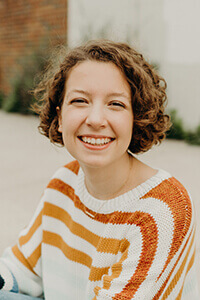 As the 2019–20 school year comes to an end, we’re sharing the college choice stories of the Class of 2020!
As the 2019–20 school year comes to an end, we’re sharing the college choice stories of the Class of 2020! As the 2019–20 school year comes to an end, we’re sharing the college choice stories of the Class of 2020!
As the 2019–20 school year comes to an end, we’re sharing the college choice stories of the Class of 2020!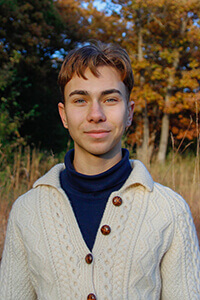 As the 2019–20 school year comes to an end, we’re sharing the college choice stories of the Class of 2020!
As the 2019–20 school year comes to an end, we’re sharing the college choice stories of the Class of 2020! As the 2019–20 school year comes to an end, we’re sharing the college choice stories of several members of the Class of 2020!
As the 2019–20 school year comes to an end, we’re sharing the college choice stories of several members of the Class of 2020! by Dr. Bill Hudson, Head of School
by Dr. Bill Hudson, Head of School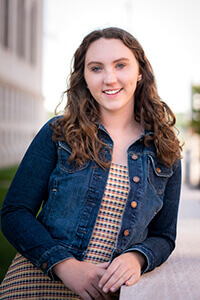 As the 2019–20 school year comes to an end, we’re sharing the college choice stories of the Class of 2020!
As the 2019–20 school year comes to an end, we’re sharing the college choice stories of the Class of 2020!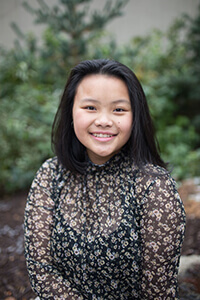 As the 2019–20 school year comes to an end, we’re sharing the college choice stories of several members of the Class of 2020!
As the 2019–20 school year comes to an end, we’re sharing the college choice stories of several members of the Class of 2020! Nick Gardner ’15 is one of just three employees at Perennial Pantry, a small startup, but he is helping to bring about big changes to the world of sustainable agriculture.
Nick Gardner ’15 is one of just three employees at Perennial Pantry, a small startup, but he is helping to bring about big changes to the world of sustainable agriculture.